
OR
Vox Pop
What should be done to resolve the squatter problem in Thapathali area?
Published On: December 18, 2022 09:45 AM NPT By: Republica | @RepublicaNepal
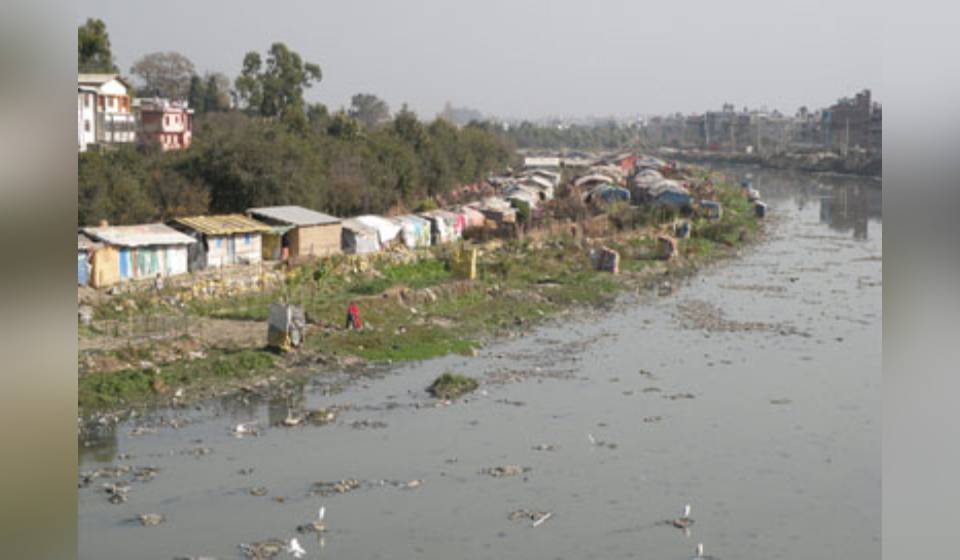
The issues related to landless squatters have drawn media headlines once again. After Kathmandu Metropolitan City (KMC) officials stepped up efforts to remove the slum-dwellers from Thapathali area, there has been protest from squatters, who have demanded the government bodies not to evict them without making alternative arrangements. However, many others have argued that most of the squatters living there are bogus and they are actually well-off people. A section of political leaders have also advocated in favor of the demands of squatters. It seems the issue of squatters in Thapathali is less likely to be resolved any time soon. In this context Republica’s Sajira Shrestha talked to youths in Kathmandu Valley to know their opinion about the solution of this problem. Excerpts:
Pukar Shakya (Age 32)
In the world where history is written by the winners and laws are written by the powerful ones, it may be a topic to debate to give a straightforward answer to the question if the squatters in Thapathali area must be removed or not. It seems to have a lot of deep socio-political interest as well. But I think that the only way to resolve it is by shifting the residents from there to the apartments allotted for the real squatters. There is a lot of unused land far away from the capital. It would also be best to manage proper residence for them. It’s not the matter of residence only, but due to the population outburst in Kathmandu valley, it would be very difficult for the governing bodies to manage proper sanitation and other basic needs for the survival of maintaining the social harmony. Besides, all the people and organizations associated must also be responsible to solve the issue rather than creating for the conservation of the Bagmati River and the sanitation of the place nearby, which would promote the one of the cultural cities of Nepal.
Deepika Tuladhar (Age 24)
Firstly, by moving them to the land allocated to them by granting a lower land rate (nominal); and secondly, by providing them with low cost flats (with low rental rate) or selling the flats at cheaper price. Providing them with homes rather than a hut to live their life. Squatters should be provided with an amount of food and clothes. Citizens of Nepal also should have donated the lump sum amount of money because donating their life’s can be a bit easier. The government should not impose strict rules and regulations on squatters. To make their life easier they should be given water and electricity supply often to meet their requirements and basic needs. By collecting the money, the citizens can make an effort to construct drainage and sewage systems. The last to the point to resolve the problems of squatters in Thapathali area would be, not to discriminate against them, not to mistreat them, i. e, treat them like the way we treat other people.
Amit Raj Pant (Age 30)
Since this was the major issue from the past but the ignorance that was given from the side of the government was the harsh reality. Being a Nepali citizen the government should give priority to the squatters as well. If the government needs to protect the Nepalese citizen then some sort of compensation should be given to them in order to be on the right track. Everything should be two way, if the government or squatters think of one way then this problem cannot be solved.
Pinki Lama (Age 28)
Concerned authority must enforce their settlement in their own native birthplace. While doing so the concerned authority can team up with other government bodies to help them become independent by providing various skill oriented training so as to generate livelihood for their families.
Bibek Shakya (Age 27)
The squatters’ settlement has always been a major obstacle to carry out beautification and drain out the sewage along the Bagmati corridor. In my opinion the squatters in Thapathali area should be given a proper alternative. They should be provided alternative places to stay by verifying their three generations information and status.
You May Like This
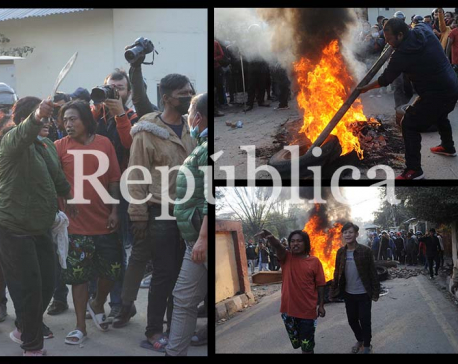
Thapathali slum area turns tense over removal of slum dwellers (Photo Feature)
KATHMANDU, Nov 28: The squatters’ settlement on the banks of the Bagmati River in the Thapathali area of Kathmandu has... Read More...
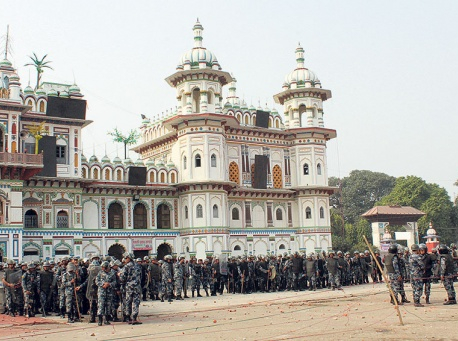
Youths burn effigies of PA members after Hindi comes to use
DHANUSHA, Feb 7: Youth here have protested some leaders of the Madhes-based political parties using Hindi in their statements in... Read More...
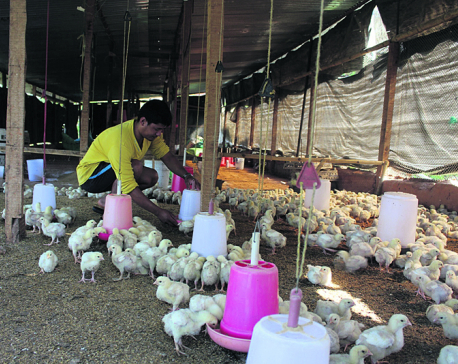
Gorkha youths find poultry farming better than foreign jobs
GORKHA, April 27: Poultry farmers in Gorkha district have proven that Nepalis can earn over twice the income working in our... Read More...






Just In
- Police report one death in Bhojpur jeep accident
- Nepal faces Bangladesh Red in int'l U-19 Volleyball Championship final
- Nepal Investment Summit: Two organizations sign MoU for PPP cooperation
- Sita Air flight to Ramechhap returns to Kathmandu due to hydraulics issue
- Man found dead in Dhanusha
- Gold prices decreases by Rs 400 per tola
- Ilam-2 by-election: UML candidate Nembang secures over 11,000 votes
- High-voltage power supply causes damage to 60 houses



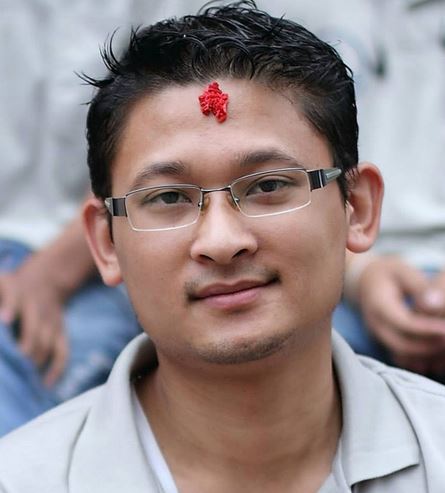





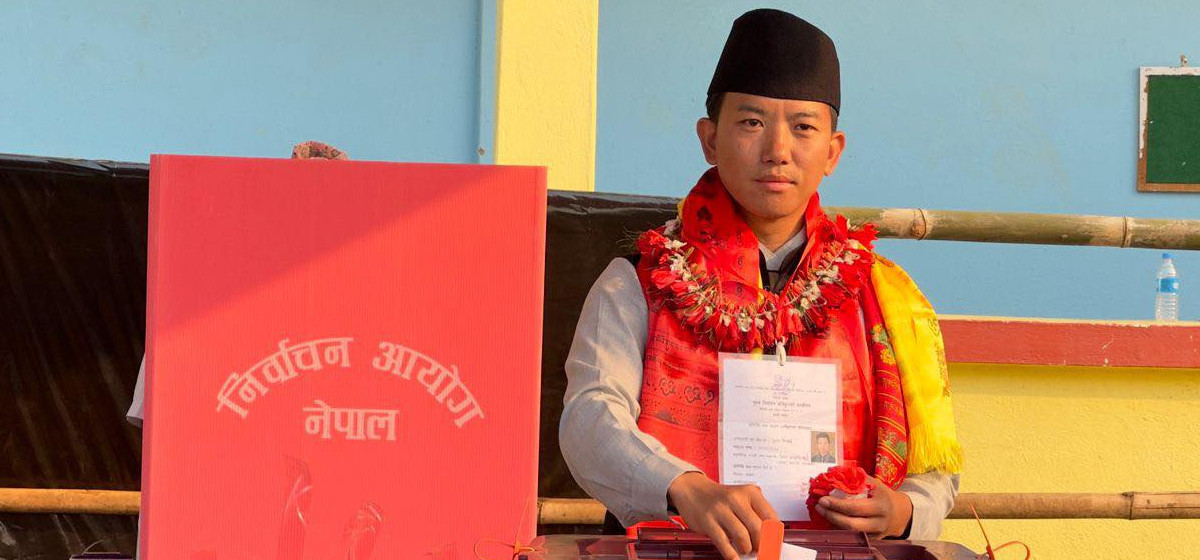

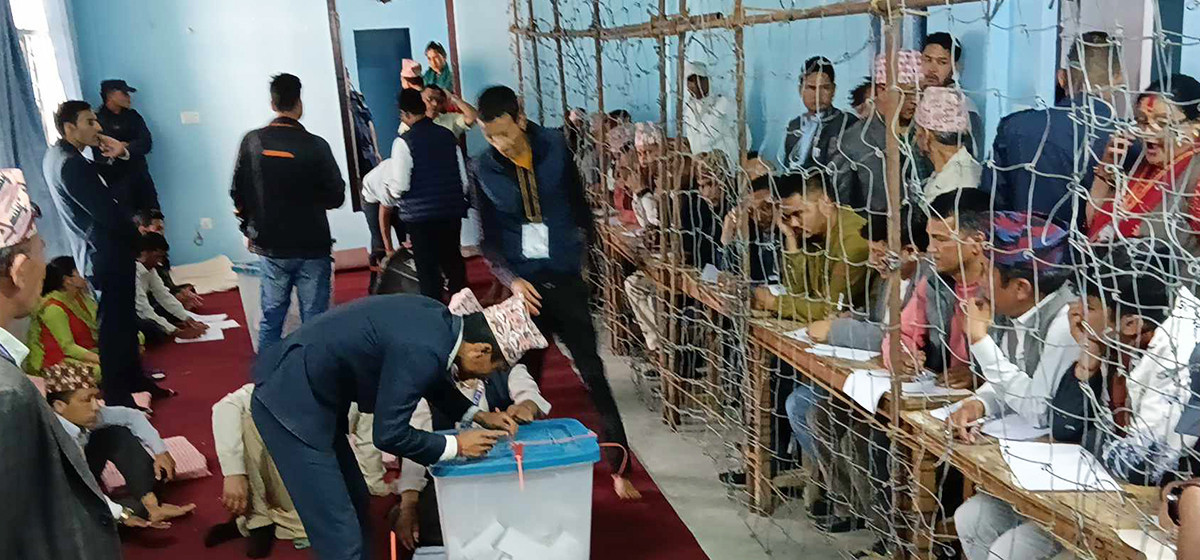


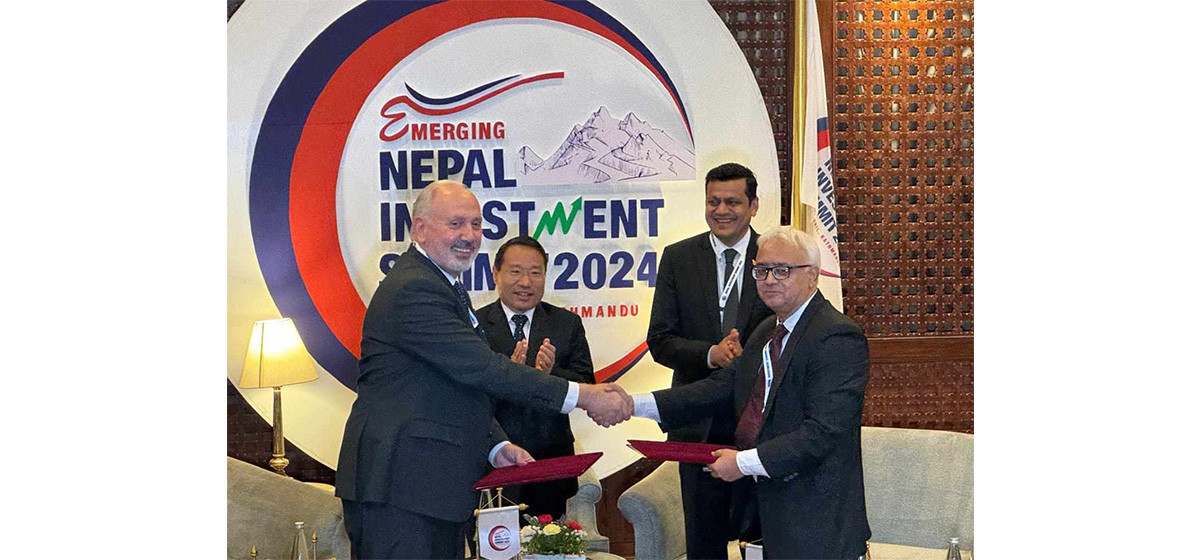


Leave A Comment